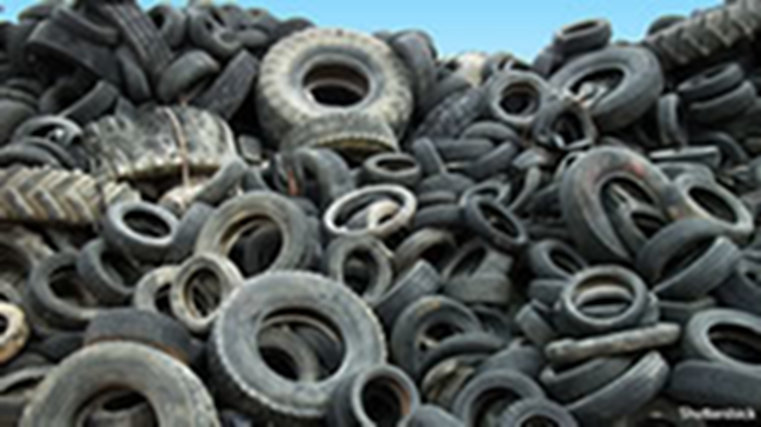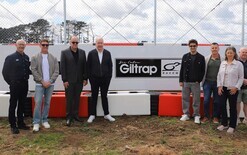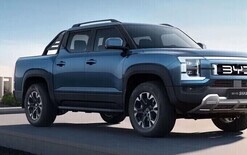Plant to recycle disused tyres

Recycling company Ecoversion is planning to open a plant that will reduce the number of tyres that go to landfill sites or are exported from New Zealand. About four million car and light-truck tyres need disposing of each year, and cause environmental and health issues. Angela Merrie, director of Ecoversion, says the company is in the final stages of buying innovative equipment from China, and deposits have been paid and the technology secured. The facility should be operational by the end of the year. Merrie acknowledges many have tried to succeed in this space and failed, but she is confident Ecoversion has got it right. She says plant will have the capacity to process 10,000 tonnes annually in the first stage of its development. This will be expanded to 40,000 tonnes subject to the availability of end-of-life tyres (ELTs). Currently, around 60,000 tonnes of ELTs are disposed of each year in New Zealand. “ELTs are a huge problem, but we are excited to be able to provide a partial solution,” says Merrie. “Our tyre-processing plant will assist with the Ministry for the Environment’s zero-waste-to-landfill strategy.” Ecoversion’s facility will process used tyres to create devulcanised rubber sheets and bitumen modifiers. Current recycling processes focus on producing crumb rubber, but the technology being introduced will take recycling a step further. “The devulcanised rubber from our plant will be used for other products – such as tyre retreading – to provide a full closed-loop tyre-recycling opportunity, while bitumen modifiers will provide more stable and safer roading with increased longevity,” explains Merrie. “Ecoversion has secured export contracts for all products to be produced. However, our Chinese partners want to help develop the New Zealand market particularly in the area of bitumen modifiers, which is an exciting development and a first using reclaimed rubber.” The company is finalising a land-purchase agreement for its site, and expects to have all arrangements done and dusted by the start of June.





